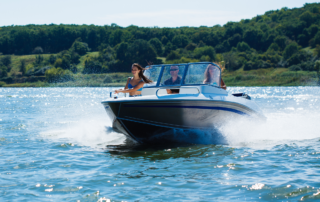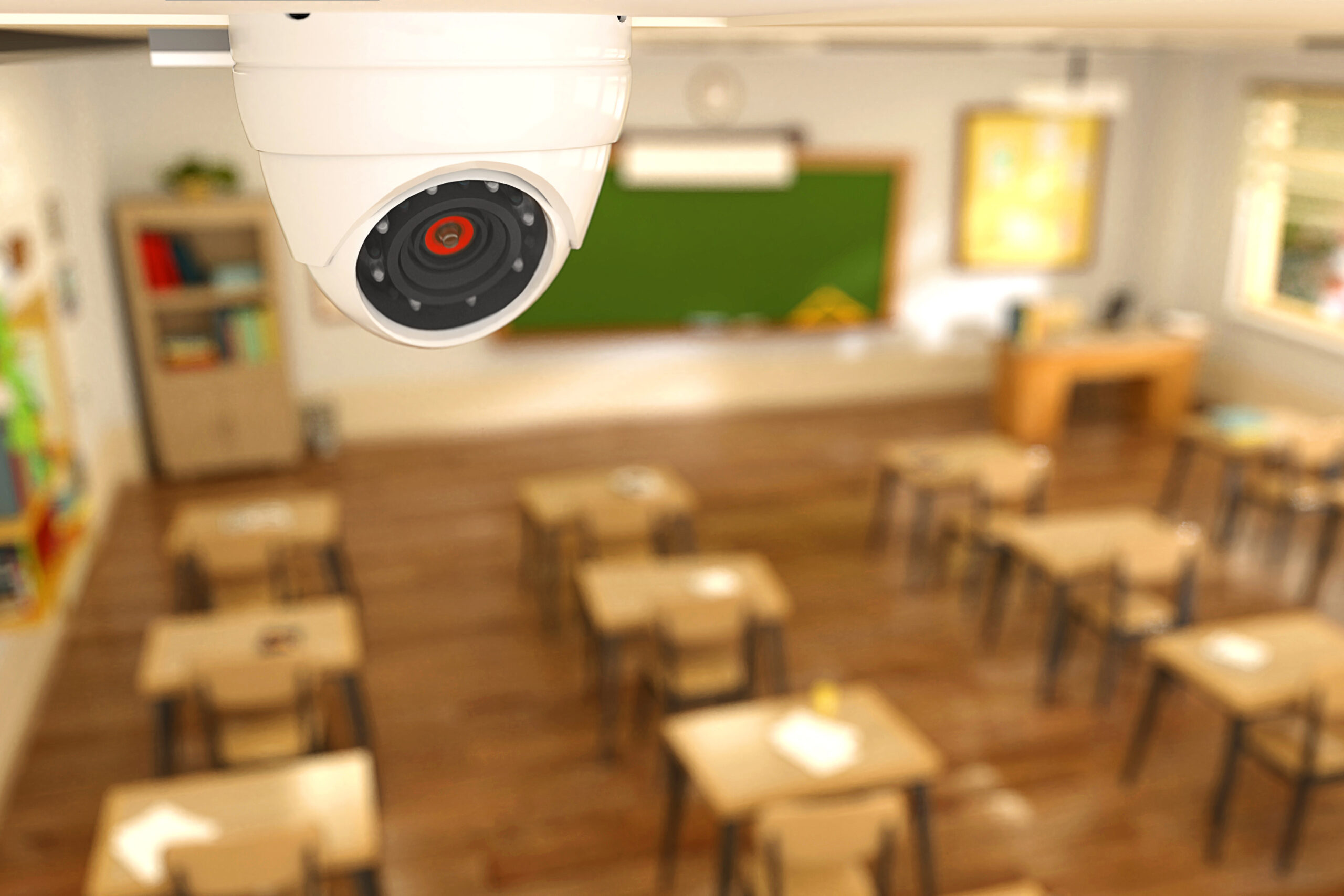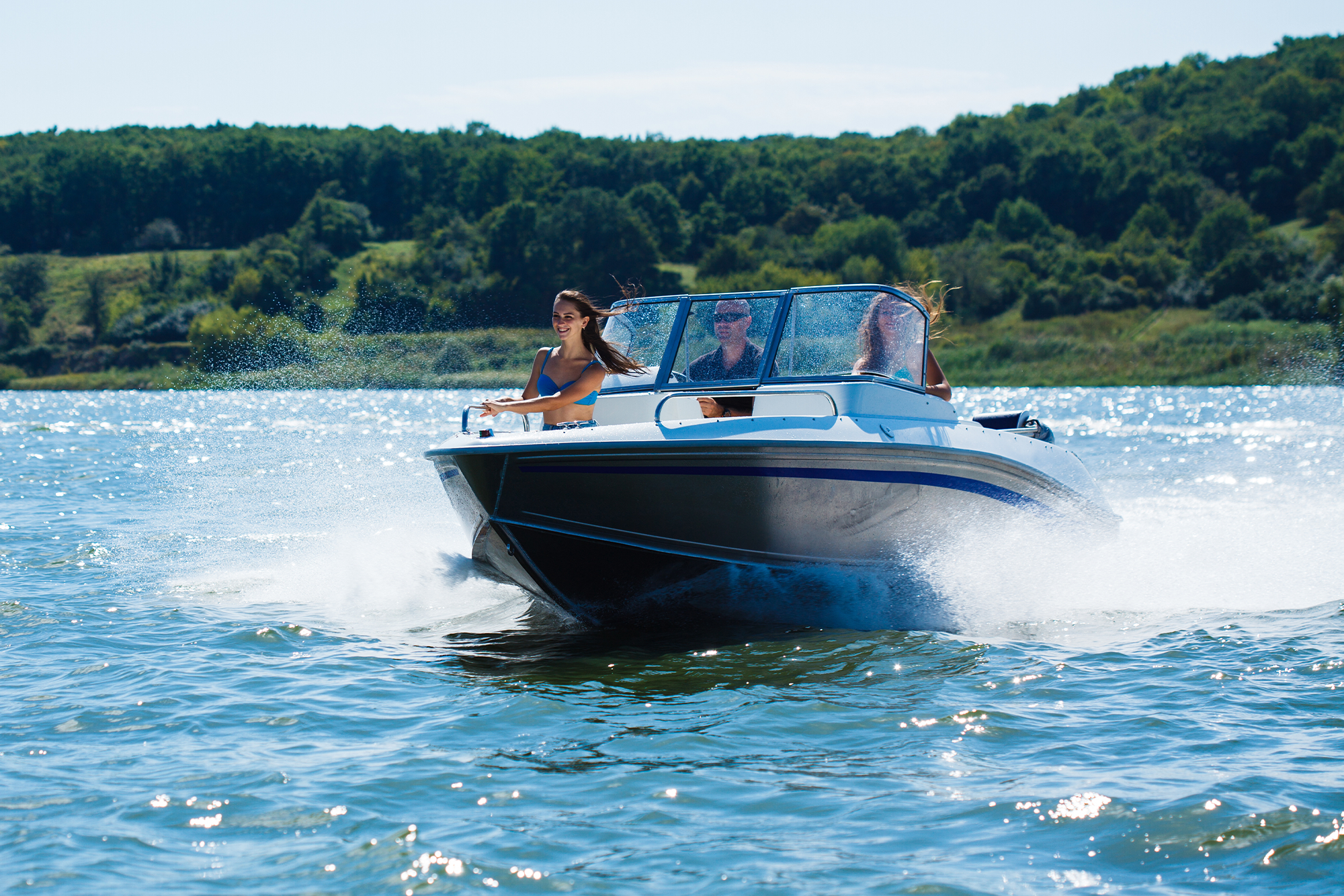According to the U.S. Department of Energy, the typical American family spends over $1,386 a year on home utility bills, and a large portion of that energy is wasted. Not to fear: there are several things you can do each month to conserve energy and reduce the strain on your wallet.
Conduct a Home Energy Audit
An energy audit will show you which areas of your home use the most energy. You can conduct this yourself, contact your local utility or call an independent energy auditor. A comprehensive evaluation should include:
- Checking insulation levels
- Looking for open fireplace dampers
- Searching for holes or cracks around doors, light and plumbing fixtures, and other places where air may leak out
- Ensuring appliances and heating and cooling systems are properly maintained
Temperature Tips
- Weatherize your home – caulk and weather-strip any doors and windows that leak air.
- Install a programmable thermostat that will reduce heating (or turn air conditioning up) at night and when you are not home.
- Consider replacing single-pane windows with double-pane; they have coatings that reduce heat loss or gain, depending on the season.
- Keep your thermostat under 70 degrees in the winter and a few degrees cooler than the outside temperature in the summer.
Water Use
- Repair leaky faucets immediately.
- Use low-flow showerheads.
- Insulate your hot-water storage tank and pipes.
- Drain a quart of water from your tank every three months to remove sediment (which impedes heat transfer and lowers efficiency).
- Lower the hot water heater to 120 degrees.
- Take short showers instead of baths.
- Wash only full loads of dishes and/or laundry.
- Air-dry dishes and line-dry clothes if possible.
Renewable Energy
There are more options than ever to use renewable energy. When building a new home, orient it to avoid overhead summer sun and to benefit from winter sun in cooler climates. Try a solar pool heating system, which can cut costs for heating swimming pools or hot tubs. Under certain conditions, installing solar cells might be right for you.
Vehicle Use
Improve gas mileage by:
- Avoiding aggressive driving
- Observing the speed limit
- Removing roof racks or carriers if not used often
- Keeping up with maintenance – clean air filters can improve gas mileage by as much as 10 percent
- Ensuring tires are properly inflated and aligned
- Using the correct grade of oil
Contact INSURICA for more Personal Lines resources.
This article is provided for informational purposes only. The information provided herein is not intended to be exhaustive, nor should it be construed as advice regarding coverage. Eligibility for coverage is not guaranteed and all coverages are limited to the terms and conditions contained in the applicable policy. © 2025 Zywave, Inc. All rights reserved.
About the Author
Share This Story
Related Blogs
Enhancing School Security: Practical Strategies for Safer Campuses
Enhancing school security is one of the most pressing responsibilities for education leaders today. As school campuses evolve, so too must the systems that protect them. For administrators, safety professionals, and district decision-makers, creating a secure learning environment means taking a proactive, layered approach that includes physical security, training, technology, and community involvement.
5 Common Cybersecurity Mistakes and How to Avoid Them
All organizations, regardless of their size or industry, are at risk of being targeted by cybercriminals. These malicious actors can conduct cyberattacks, leading to significant financial, operational and reputational damage that can be difficult or impossible to recover from. Fortunately, solid cyber hygiene practices can reduce the likelihood of data breaches and other cyber incidents from occurring, and many of these practices are relatively low-cost and easy to implement.
Insurance Coverage Basics For Boatowners
A small boat, such as a canoe or other un-motorized boat, is typically covered under the personal property portion of your homeowners insurance policy. If you own a larger, faster boat, you'll need a separate boatowners insurance policy. A typical boatowners insurance policy is designed to protect your boat, motor, equipment, and passengers. It affords similar coverages to those you typically have for your car including:








